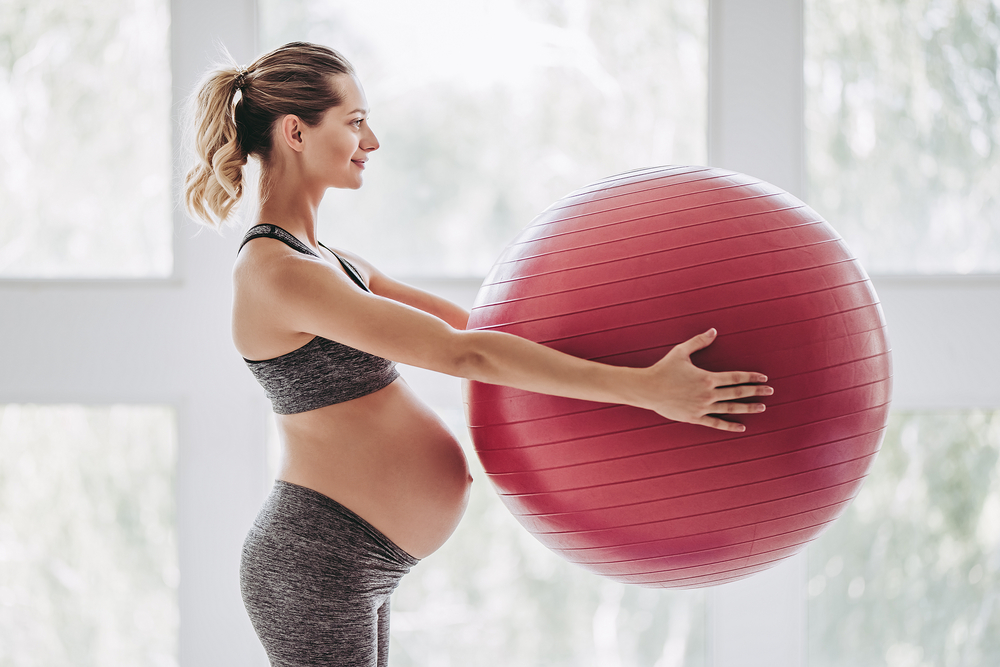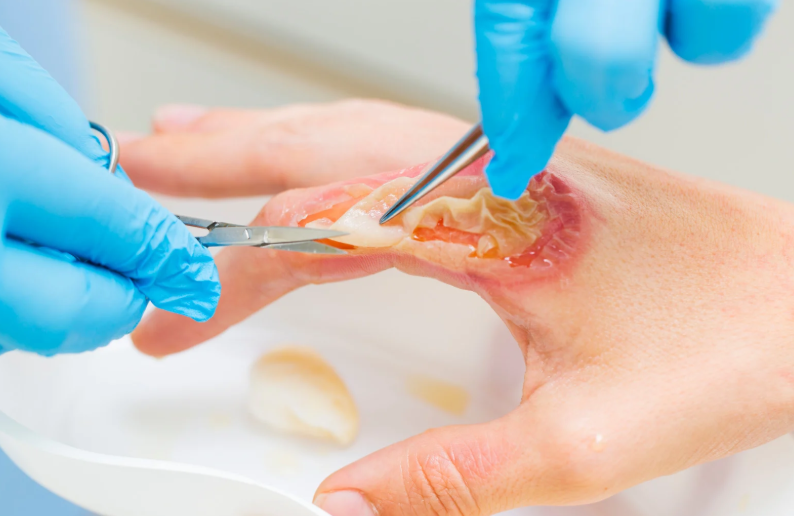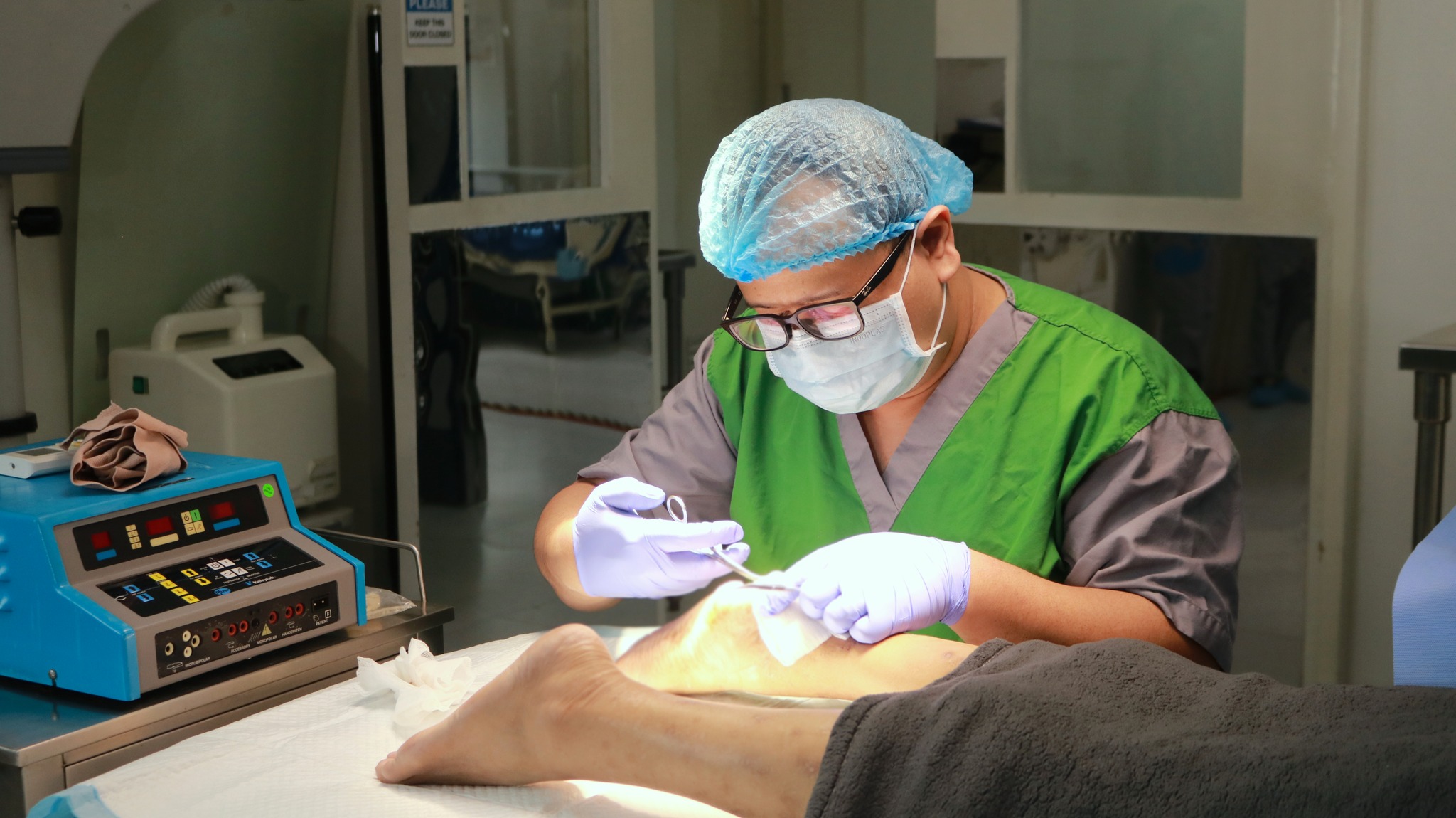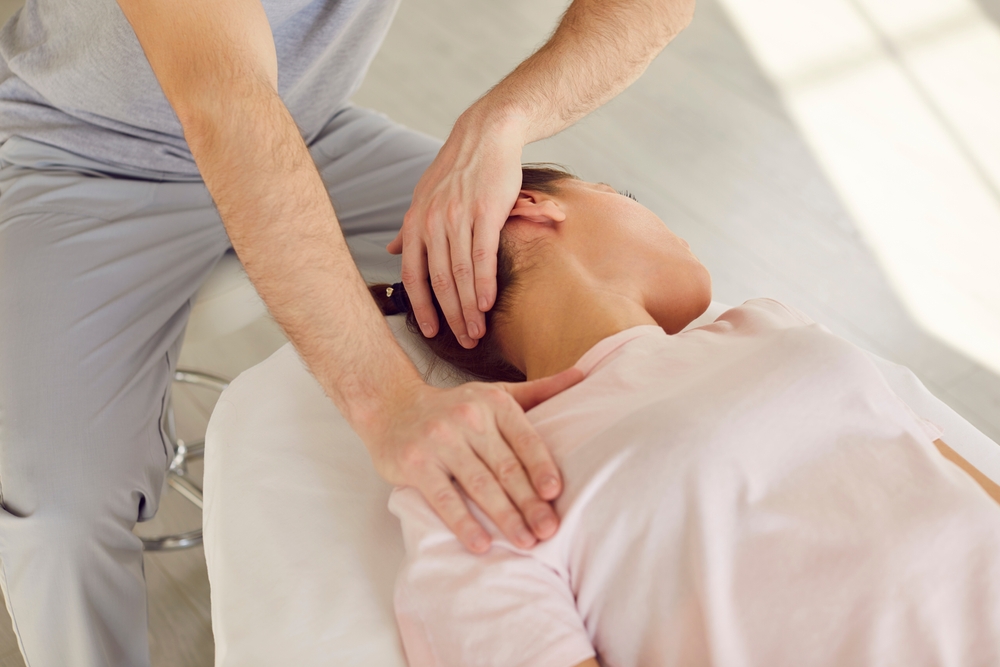Welcome to our comprehensive guide to prenatal Pilates! Pregnancy is a beautiful journey, but it can also bring about significant physical changes and challenges. Prenatal Pilates offers a safe and effective way to strengthen your body, increase your flexibility, and prepare for the demands of childbirth and motherhood. In this guide, we’ll explore what prenatal Pilates is all about, its benefits, what to expect in a class, safety tips, and real-life success stories.
Understanding Prenatal Pilates
Prenatal Pilates is a specialized form of exercise designed specifically for pregnant women. Unlike traditional Pilates, prenatal Pilates focuses on gentle movements, stretches, and exercises that are safe for expectant mothers. It helps improve posture, strengthen the core and pelvic floor muscles, and alleviate common pregnancy discomforts such as back pain and sciatica.
Benefits of Prenatal Pilates
The benefits of prenatal Pilates are numerous. It increases pelvic floor awareness and tone, which is crucial for supporting the growing baby and preparing for childbirth. Regular practice can also prevent common pregnancy problems like sacroiliac pain and upper/lower back pain. Additionally, prenatal Pilates strengthens deep abdominal muscles, improves stamina and upper body strength, and enhances overall mind-body awareness and confidence.
What to Expect in a Prenatal Pilates Class
In a prenatal Pilates class, you can expect a combination of gentle stretches, low-impact exercises, and modified Pilates movements. The instructor will provide guidance on proper alignment and breathing techniques to ensure a safe and effective workout. Props such as balls, therabands, and Pilates arcs may be used to add variety and challenge to the exercises.
Safety Tips for Prenatal Pilates
Safety is paramount when practicing prenatal Pilates. Always consult with your healthcare provider before starting any exercise program during pregnancy. Listen to your body and avoid exercises that cause discomfort or strain. Stay hydrated, and take breaks as needed. It’s also important to inform your instructor about your pregnancy so they can provide appropriate modifications and support.
Takeaway
Prenatal Pilates is a safe and effective way to stay active and prepare your body for the journey of pregnancy, childbirth, and motherhood. By strengthening your body, increasing your flexibility, and enhancing your mind-body connection, you’ll be better equipped to handle the physical and emotional demands of this special time in your life. Consult with a certified prenatal Pilates instructor and your healthcare provider to determine if prenatal Pilates is right for you, and get ready to enjoy the many benefits it has to offer.










